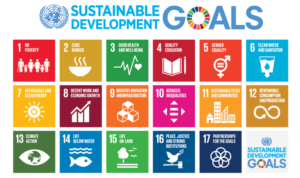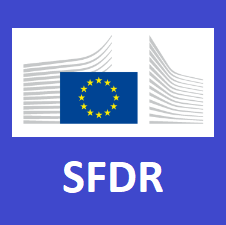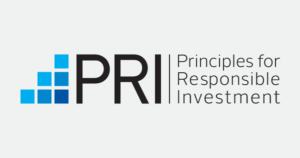Sustainability

Sustainability
Our investment philosophy at J Stern & Co. builds on the tradition of the Stern family and its 60-year, multi-generational track record of investing for the long term. The family’s guiding principle is investing in quality and value, seeking long term real returns across economic and market cycles, basing investment decisions on our own in-house, independent research. Quality is the foremost requirement for the companies we invest in.
We define quality as investing in companies that have strong and sustainable competitive positions, that have managements with strong track records of value creation and that have balance sheets strong enough to weather any adversity.
At the same time, we have always recognised that companies do not exist in a vacuum but are part of a nexus of environmental and social influences that mean that they are subject to a social licence to operate. We believe that it is critical for us to understand and incorporate this broader perspective in our analysis. Investing for the long term and across generations makes a social licence particularly important because it is founded in structural influences and regulatory and reputational risks that a more conventional financial analysis would not capture.
We believe that in order to have a sustainable competitive advantage, companies have to operate in a sustainable way. This has always been our approach but over the last few years we have seen issues of sustainability, transparency and accountability grow in importance, with the broader investment community being asked by both clients and other stakeholders to better understand what outcomes companies are delivering for broader society.
UN Sustainable Development Goals
The United Nations have worked to establish goals for global sustainable development that provide a blueprint to achieve a better and more sustainable future for all. These goals address global challenges, including poverty, inequality, climate change, environmental issues, peace and justice. They constitute agreed principles that aim to tackle global challenges and issues by 2030 and provide a roadmap for government, business and social actors to commit in delivering solutions.
As a globally agreed sustainability framework, we believe that the UN Sustainable Development Goals (UNSDG) provide the clearest framework for us to apply both to the companies we invest and to our work as investors.
The crucial questions we must answer are whether the companies we invest in are working to advance the UNSDG and what we can do as investors to assess a company’s Environmental, Social an Governance (ESG) performance, understand the engagement and commitment in tackling ESG-related issues and to encourage them to address issues in a timely and determined way.
There are many industry organisations, rating agencies and other institutions that are part of an important, dynamic but disparate effort at creating and implementing criteria and frameworks for sustainable investing. We believe that the discourse about sustainable investing will increasingly focus on the UNSDG and we will be called on to answer the challenge they pose: What are companies and investors doing to achieve a better and more sustainable future for all?

UN Principles of Responsible Investing
The global investment management industry has translated this call to action into a new framework of investment analysis that not only incorporates financial metrics but also embeds ESG factors in this analysis. Since the establishment of the UN Global Compact in 2005 and the release of the Principles of Responsible Investing in 2006 (UNPRI), ESG analysis has become an integral part of the investment industry and these initiatives have built an increasing recognition that ESG issues can affect the performance of investment portfolios.
We are signatories of the UNPRI and strongly believe in this approach. ESG analysis and integration is about identifying and quantifying risks, engaging with companies to address and redress them, but it is also about articulating potential opportunities. In line with UNPRI we actively look to engage with companies, other investors and stakeholders directly and through collaborative organisations and activities.


EU Sustainable Finance Disclosure Regulation
We are delighted that under the EU’s SFDR, implemented in March 2021, our World Stars Global Equity Fund is now classified as an ‘Article 8 Fund’, which means that ‘it promotes environmental and/or social characteristics’. These new regulations require investment managers to disclose how they integrate sustainability into their investment process and product governance. As a signatory to the UNPRI, a Tier 1 signatory of the UK’s 2012 Stewardship Code and a Member of the SASB Alliance, we challenge the managements of our investee companies to deliver sustainable outcomes, whilst maintaining unchanged our core investment objective of delivering capital growth over the long-term.
We believe that for companies to have sustainable competitive advantage, they must operate in a sustainable way. So as long-term investors, we have integrated sustainability considerations into our fundamental financial analysis since the inception of the World Stars Global Equity strategy in 2012. More recently, our January 2020 Insight ‘Our Roadmap to Sustainable Investing’ highlighted how we have formalised this approach in a concrete ESG framework and in our January 2021 Insight ‘Sustainability – Reflections on a Year of ESG Implementation’ we reflected on how we had put this framework into action.
Please click on the links below to review our Investment Insights
January 2020 – Our Roadmap to Sustainable Investing
January 2021 – Sustainability – Reflections on a Year of ESG Implementation
J. Stern & Co. considers principal adverse impacts (PAI) of its investment decisions on sustainability factors. You can view our PAI statement which describes how we integrate these in our investment process for the year 2022 here.
